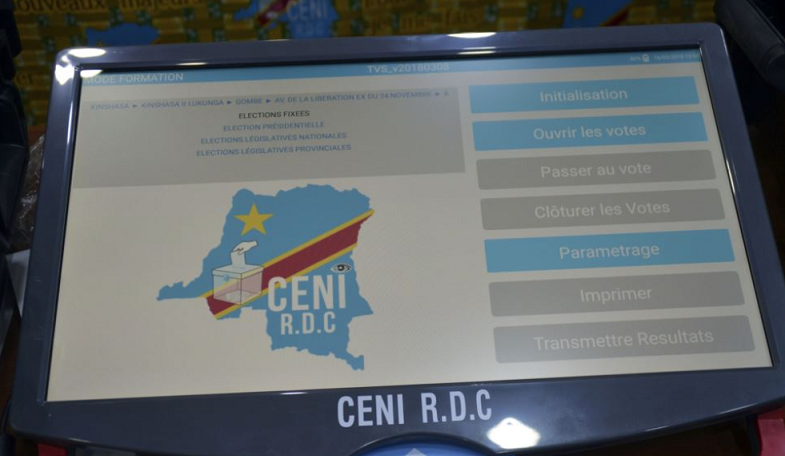
DRC opposition parties oppose further delays to presidential vote
Opposition parties in the Democratic Republic of Congo (DRC) have called on the country’s electoral body to avoid further delays to the presidential elections.

This as the electoral board (CENI) on Thursday announced it had been forced to postpone the eagerly anticipated elections by a week.
Leading opposition candidate Felix Tshisekedi urged his supporters to stay calm as the country remains on edge.
In remarks to the media and hundreds of chanting supporters, Tshisekedi accused the CENI of trying to provoke his followers to protest in order to later accuse them of causing unrest.
“We are aware of this strategy. That’s why I ask you to remain calm and respect the position that we are announcing,” Tshisekedi said at the headquarters of his Union for Democracy and Social Progress (UDPS) party.
The CENI has repeatedly defended itself against charges of bias and says it acts independently.
UDPS secretary-general Jean-Marc Kabund told supporters that any further delays would not be accepted, and the new election date of Dec. 30 was “a red line”.
“If there is a delay of the election after the 30th, you don’t need to wait for our instructions,” Kabund said.
Independent experts have questioned whether the one-week delay will be enough to organise the poll, both in Kinshasa and remote areas of Congo’s vast forested interior.
At a news conference on Friday, Joseph Olenghankoy, the president of a government commission charged with monitoring election preparations, urged authorities to accept logistical support from the United Nations to deploy voting materials.
The government has so far rejected assistance from foreign donors, including the 16,000-strong U.N. peacekeeping mission in Congo, saying that would infringe on national sovereignty.
A U.N. spokeswoman in Kinshasa said the mission was prepared to provide logistical support if asked but had not received a request.
A CENI spokesman said the commission would ask for U.N. help if necessary but said: “For the moment, we are getting by with the means the government has made available to us.”
The International Rescue Committee, a New York-based aid group that operates in Congo, said on Thursday that further delays “would be exceptionally damaging to the country’s rule of law” and worsen a humanitarian crisis in which 13 million people need assistance due to hunger, disease and conflict.
Kabila’s refusal to step down when his mandate officially expired in December 2016 triggered violent protests in which security forces killed dozens of people and contributed to a spike in militia violence across the country as armed groups moved to exploit a perceived power vacuum.






